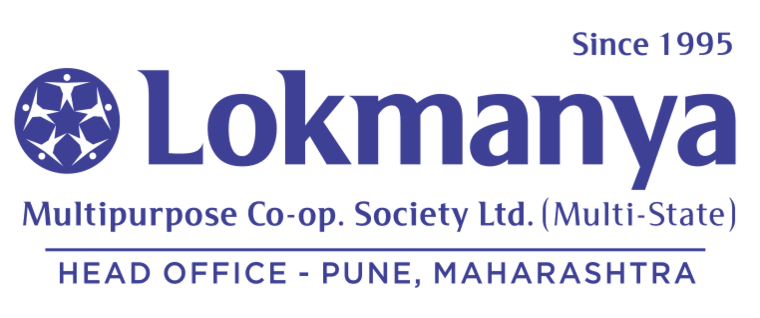What is KYC?
Know Your Customer (KYC) is a crucial process used by financial institutions and businesses to verify the identity of their customers. It involves collecting and verifying key details such as identification documents, address proof, and financial background. KYC helps prevent financial crimes and ensures compliance with legal regulations, making it an essential practice for businesses in the banking, insurance, and financial services sectors.
Why is KYC Important?
1. Prevents Fraud & Crime: KYC helps stop money laundering, identity theft, and financial fraud.
2. Legal Requirement: Banks and financial institutions must follow KYC rules set by the government.
3. Protects Customers: Verifying identities prevents misuse of accounts.
4. Builds Trust: A strong KYC process improves the institution’s reputation and security.

How to Maintain 100% KYC Compliance
Collect Customer Information: Gather details like ID proof, address, and financial background.
Verify Details: Check documents like Aadhaar, PAN, passport, or utility bills for accuracy.
Risk Check: Assess customer activity to spot any suspicious behavior.
Regular Updates: Keep customer records updated to avoid outdated information.
Train Employees: Teach staff how to follow KYC rules and identify risks.
Use Technology: Implement digital verification and monitoring tools for efficiency.
Audit & Review: Conduct checks to ensure KYC processes are working correctly.
By following these steps, financial institutions can maintain 100% KYC compliance, ensuring customer safety and regulatory adherence.
Conclusion
KYC compliance is an essential practice for financial institutions, ensuring safety, legal adherence, and customer trust. By implementing a robust KYC process, organizations can prevent fraud, mitigate financial risks, and contribute to a secure financial ecosystem. Utilizing technology-driven solutions, continuous monitoring, and staff training further strengthens compliance, ensuring that businesses stay ahead of regulatory requirements.
Financial institutions must treat KYC as an ongoing process rather than a one-time activity. Regular updates, audits, and risk assessments help maintain the integrity of the financial system, protecting both businesses and customers from fraud and illicit activities.

